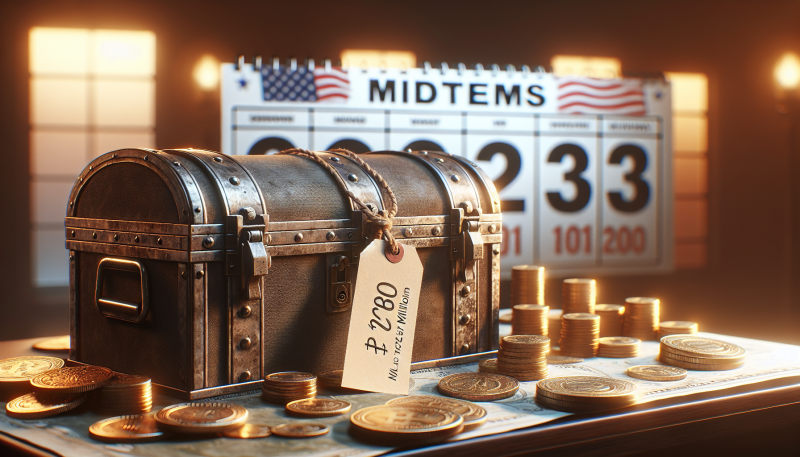What happened?
The crypto industry has built a $263 million campaign war chest ahead of the 2026 US midterms, nearly double what it deployed in 2024. Big super PACs like Fairshake (about $141M) and new funds backed by Coinbase, Ripple, Andreessen Horowitz, the Winklevoss twins, and others are pooling money to influence races and policy. The push follows recent political wins, Trump’s pardon of Binance founder Changpeng Zhao, and a coordinated effort to push market-structure changes favoring crypto, including a possible shift of oversight toward the CFTC.
Who does this affect?
This affects crypto firms and investors who could benefit from friendlier rules, greater US market access, and reduced compliance costs. It also affects lawmakers and regulators — especially the SEC and CFTC — who will be targets of lobbying and may face new proposals like Rep. Ro Khanna’s plan to ban lawmakers from owning cryptocurrencies. Finally, everyday consumers and the broader financial sector could see changes in how they buy, hold, and use digital assets if laws or stablecoin rules are rewritten.
Why does this matter?
Heavy political spending raises the odds of pro-crypto legislation and a regulatory shift toward the CFTC, which many market participants view as more favorable and which could boost industry confidence. If successful, those changes could accelerate product rollouts, listings, and capital inflows, putting upward pressure on crypto prices while also tying market moves more tightly to political events and increasing event-driven volatility. At the same time, the higher profile of crypto lobbying and pardons invites tougher ethics scrutiny and potential backlash that could quickly reverse gains if politicians or regulators respond.
